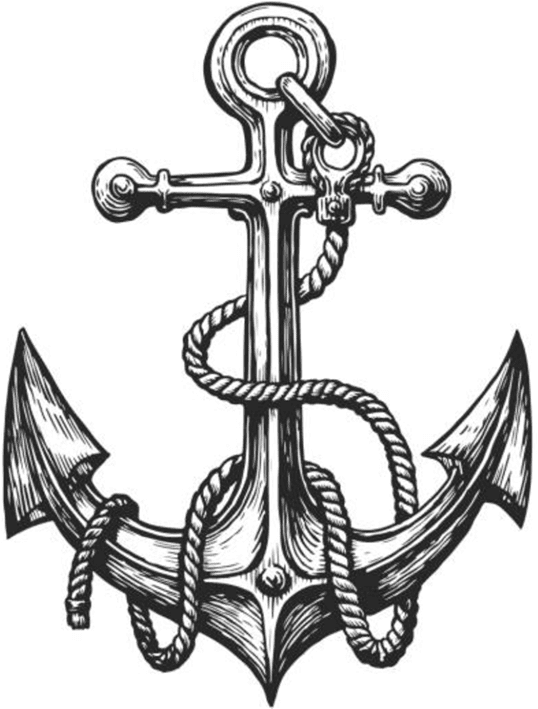Tim Toohey, Head and Macro and Strategy at Yarra Capital Management, speaks with Alan Kohler about the COVID-19 pandemic, including the depth of the looming recession, recovery, market rally, prospects for a depression and the state of Australian household debt.
Tim, what sort of recession do you think we’re going to have?
It’s going to be deep, and it’s certainly going to be deepened obviously the first half of 2020.
How deep?
V shaped. We think the Q2, or June quarter, will decline by 7 per cent so when you look at comparisons say to the US you’ll see numbers out there that’ll be talking in terms of 30 per cent but that’s annualised so obviously 7 times 4, it’s quite a similar sort of decline that we’d be expecting to see in Australia. This will be where consensus is gravitating to in the US. The recovery that comes off the back of it looks exciting in the sense that we think your average will look like negative 5 per cent in calendar 2020, which is obviously the biggest contraction that we would have seen in the post-war period and obviously having to go back to the Great Depression.
The recovery that comes off the back into ’21 we think is plus 7 per cent so although that sounds exciting one needs to be cognisant there is still a relative base line that we would have achieved at say a 2 per cent to 2.5 per cent growth rate. It is an incredible amount of lost output, an enormous number of businesses are put out of business and a huge spike in the unemployment rate. The V shape recovery, let’s call it a small V.
What makes you think there’ll be a recovery in 2021?
We’ve been working with the prediction that the peak in the number of cases in terms of the COVID-19 would occur in mid-April, as it stands today maybe it’s occurring slightly earlier, and that the restrictions would gradually be released. I think that’s even what the Prime Minister was suggesting this morning. The point about that is it’s just the mechanical nature of the restarting of the services sector. So once the services sector starts to click back into gear and presumably people still want to go to sporting events and meet in bars and go to restaurants, it does give you a mechanical recovery.
There’s obviously going to be elements where things are much slower to start up international travel for instance and we do think that in the background you get this overhang to growth that will make it much harder to achieve your prior potential. Obviously, part of that story goes to the debt overload that comes on top on the issuance of bonds that we’re doing at the moment to try and support the recovery but secondly, it becomes a story about what normally happens in terms of generational events like this, is the savings rates both at the household level and the businesses who also need to run a lot more liquidity than what they did previously. The combination of those two things is going to give you a slower medium term growth profile.
Listen the inteview here… (subscription to Eureka Report required)


0 Comments